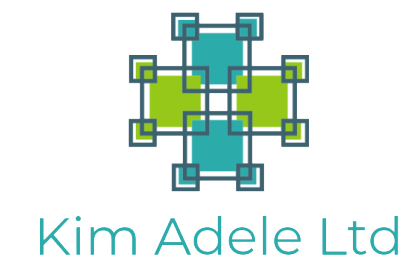While call tracking and call intelligence are both powerful tools for businesses, understanding the subtle differences between the two is essential for ensuring your organization is getting the most out of each solution. On the surface, the two might appear to be the same, but there are distinct differences, particularly in the way they utilize data.
Call Tracking
Call tracking is a technology that provides businesses with visibility into their inbound calls. It allows companies to track source, duration, frequency, as well as other parameters of incoming calls. With call tracking, businesses can know exactly where their calls are coming from, allowing them to optimize their marketing campaigns and maximize their return on investment.
Call tracking can also be used to evaluate the performance of agents, as it can provide metrics on call time, call quality, and other parameters. This makes it easy to monitor the performance of individual agents, as well as overall team performance.
Benefits of Call Tracking
- Quantifiable ROI: Call tracking allows businesses to easily measure the effectiveness of their marketing campaigns and optimize them for better results.
- Increased Efficiency: With call tracking, businesses can easily identify and address inefficiencies in their process, allowing them to improve the quality and speed of service.
- Accurate Metrics: Call tracking provides businesses with accurate data on their calls, giving them complete insight into their inbound process.
- High Quality: With call tracking, businesses can ensure that their agents are providing a high quality of service to their customers.
Call Intelligence
Call intelligence is an advanced form of call tracking that goes beyond simple metrics and data. It uses artificial intelligence (AI) to analyze conversations and provide deep insights into customer conversations. With call intelligence, businesses can uncover customer sentiment and intent, allowing them to better serve their customers.
Call intelligence also provides businesses with an in-depth look at their sales process, allowing them to identify issues and opportunities for improvement. By analyzing conversations, call intelligence can provide businesses with recommendations on how to optimize their sales process and increase their conversions.
Benefits of Call Intelligence
- In-depth Analysis: With call intelligence, businesses can get an in-depth look at their customer conversations, allowing them to uncover customer sentiment and intent.
- Accurate Insights: Call intelligence is able to analyze customer conversations with a high degree of accuracy, providing businesses with accurate insights into their customers.
- Actionable Recommendations: Call intelligence provides businesses with actionable recommendations on how to optimize their sales process and increase their conversions.
- Cost Savings: By providing accurate insights and actionable recommendations, call intelligence helps businesses save time and money by optimizing their process.
- Improved Customer Experience: With call intelligence, businesses can provide a better customer experience by understanding their customers better and providing them with the most relevant information.
Why might businesses choose call intelligence over call tracking?
Businesses may prefer call intelligence over call tracking because call intelligence provides more detailed information about customers and the customer service experience. It uses advanced analytics to measure how customers interact with their product or service and to determine customer sentiment. It gathers data about customer preferences, online behavior, and customer service interactions. This data can be used to improve customer service, increase customer loyalty, and optimize customer experiences. Call intelligence also can be used to measure the success of marketing campaigns, identify customer segments with the highest potential, and adjust pricing to maximize customer lifetime value.
Call tracking, on the other hand, simply provides businesses with the number of customers who called their customer service line. It does not provide any data related to customer preferences or customer service interactions. It is simply a mechanism to measure customer inquiry volume. As a result, businesses may prefer call intelligence over call tracking because it provides a more comprehensive view of customer behavior, enabling them to better understand their customers and optimize customer experiences.
